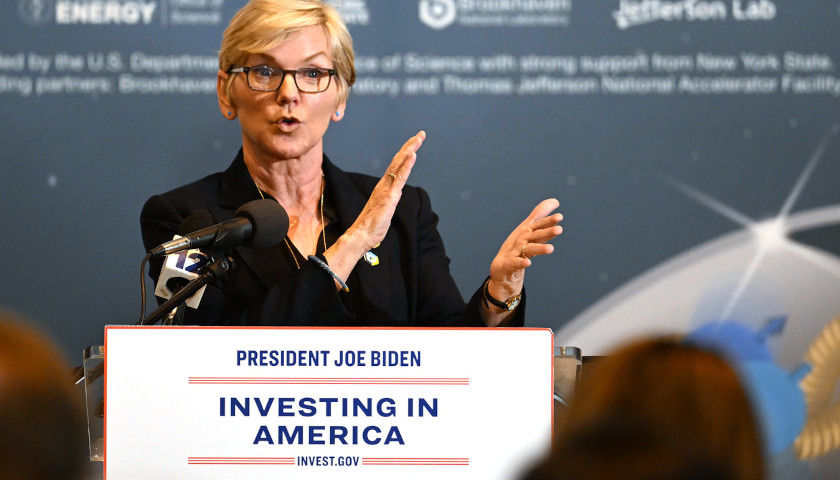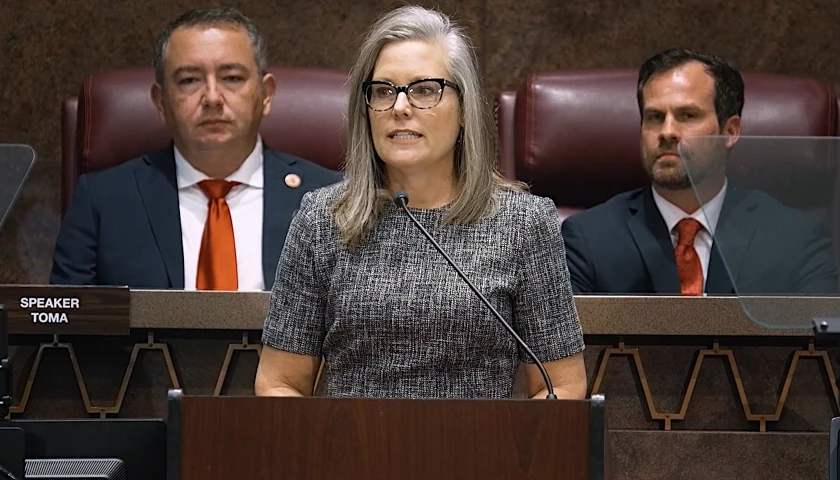by Douglas E. Schoen
Elon Musk’s Twitter acquisition — which can be summed up as the world’s wealthiest person buying one of the most powerful social media and news platforms — underscores one of the big problems with Big Tech.
In the absence of modernized anti-trust and anti-monopoly laws, Big Tech companies in the U.S. have amassed far too much economic and political control over society, and especially over the news and publishing industries.
The power at Big Tech companies with respect to their management of sites like Facebook News and Google News – is held by a few individuals who are often times more motivated by a desire to turn profits and promote their own ideology or world view, rather than by a genuine desire to guarantee a free and diverse press.
Due to Big Tech’s market manipulation in the news and publishing industries, thousands of local and smaller news operators — including many conservative publications — have been forced to shutter their doors in recent years.
This forsakes the First Amendment to the U.S. Constitution, and thus, is a threat to our democracy.
 Importantly, new survey research shows that the American public recognizes this threat, and wants their elected officials to act on it.
Importantly, new survey research shows that the American public recognizes this threat, and wants their elected officials to act on it.
New polling by Schoen Cooperman Research — conducted among a representative sample of U.S. adults and commissioned by News Media Alliance — reveals widespread concern surrounding Big Tech’s power and manipulative practices, as well as strong support for reforms to rein in these monopolies.
Notably, strong majorities of Americans are concerned about the economic and political power of Big Tech companies (74%) and are supportive of increased government regulations on Big Tech companies in order to curb their economic and political power (63%).
With respect to news and publishing specifically, nearly 4-in-5 Americans are concerned that Big Tech companies have too much power over these industries (79%) and manipulate these industries for their own gain (78%).
To that end, three-in-four Americans agree that “Big Tech’s monopoly over the news and publishing industries is a threat to the free press and unfair to publishers, especially to small and local outlets.” (76%)
In addition to being broadly concerned about this problem, Americans are supportive of Congress taking action to restore fairness, balance, and freedom to the press.
Respondents were asked about a specific piece of legislation proposed in Congress known as the Journalism, Competition, and Preservation Act (JCPA). The JCPA would provide a legal basis for news publishers to negotiate fair terms for use of their content by Big Tech companies — and thus, would demonstrably curb the economic and political power of these companies.
Remarkably, 7-in-10 Americans support Congress passing the JCPA (70%) and believe it is important for Congress to pass the JCPA (64%) after reading a brief description of the bill. And by a four-to-one margin, U.S. adults would be more likely, rather than less likely, to back a candidate for Congress who supported the JCPA.
In my experience as a professional pollster who has worked in opinion research for over four decades, it is rare for an issue or piece of legislation to garner this level of public support.
Our findings present a clear call-to-action to Congress, and elected officials in both parties now have a mandate from the public to rein in Big Tech by pursuing the JCPA or similar reforms.
Moreover, the very survival of American democracy is contingent on our leaders safeguarding free speech and ensuring a fair economy.
Congress must fulfill its duty by passing legislation like the Journalism Competition and Preservation Act into law.
– – –
Douglas E. Schoen is a Democratic pollster and strategist. He is the author of “The Political Fix: Changing the Game of American Democracy, From the Grass Roots to the White House.”








